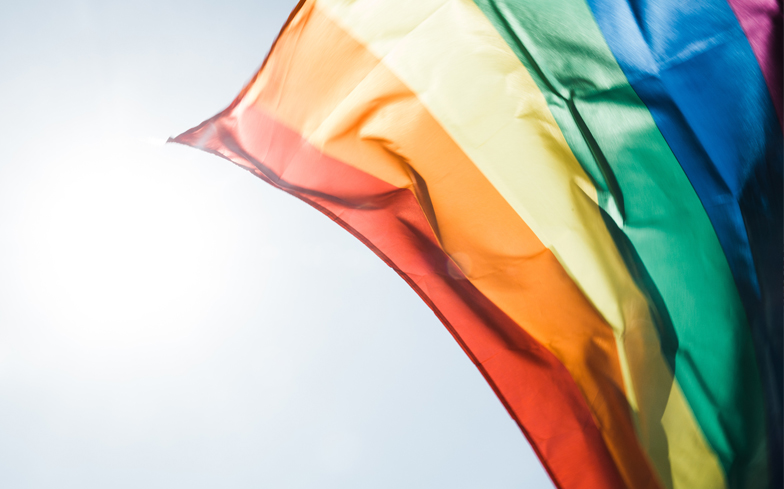
A new study has revealed how supportive Britons would be of a family member coming out as a member of the LGBTQ+ community.
YouGov’s latest research compared eight western countries to discover how attitudes differ across the globe.
It found that family members were more likely to be supportive of a relative coming out as gay, lesbian, or bisexual than those who are transgender or non-binary.
According to the research, Spaniards are the most likely among the surveyed nationalities to say they would be supportive when it came to a family member coming out as lesbian, gay or bisexual (91%) or transgender/non-binary (87%).
Britain was not far behind, placing second in the countries surveyed as most – 85% – would be there for their child, sibling, or family member if they came out as lesbian, gay, or bisexual.
Only 6% said they would not be at all accepting, with the remainder being unsure of their stance.
This attitude was not reflected in the same way when it came to those identifying as trans or non-binary, as roughly seven in 10 (71%) would be supportive, with almost two in 10 (17%) being unsure and one in eight (12%) opposing it entirely.
France was found to be the least in favour of those coming out as lesbian, gay or bisexual, with only three in five people (57%) saying they would be there for someone close to them in this situation.
A large amount – one in five (19%) – said they would not support a loved one at all if they came out, with the remainder not being committed to a stance on the issue.
85% of Britons would be supportive if a family member came out as lesbian, gay or bisexual. How this compares to different western countries:
🇪🇸 91% would be supportive
🇬🇧 85%
🇮🇹 82%
🇩🇰 80%
🇸🇪 77%
🇩🇪 75%
🇺🇸 66%
🇫🇷 57%https://t.co/vE7vL3czFA pic.twitter.com/OtVvZ0QN8h— YouGov (@YouGov) August 31, 2021
This number rose rapidly when it came to coming out as transgender or non-binary, as almost a third (27%) would not be supportive of this and less than half (47%) would be.
Second from last in terms of acceptance was the USA, as only 66% of those surveyed said they would be fine with someone close to them being lesbian, gay, or bisexual, with 19% being unsure and 15% being completely against it.
When it came to those who are trans and non-binary, slightly over half said they would support this (57%), with 21% and 22% being unsure and against it, respectively.
In Britain, the research concluded that around one in 14 people (7%) identify as LGBTQ+, while a further three in 10 (31%) being close to someone who does.
Shockingly, a slim majority of Britons (55%) claimed to have no personal relation to the LGBTQ+ community.
YouGov conducted its study from 7-14 June and looked at attitudes in Britain, Spain, Italy, Denmark, Sweden, Germany, America and France.
Among eight western nationalities, Spaniards are most likely to identify as LGBTQ+, or personally know somebody who does
🇪🇸 10% identify / 54% know somebody
🇺🇸 8% / 37%
🇫🇷 7% / 38%
🇬🇧 7% / 31%
🇩🇪 7% / 24%
🇸🇪 6% / 24%
🇮🇹 5% / 28%
🇩🇰 5% / 25%https://t.co/vE7vL3czFA pic.twitter.com/lg5adMfZ89— YouGov (@YouGov) August 31, 2021



